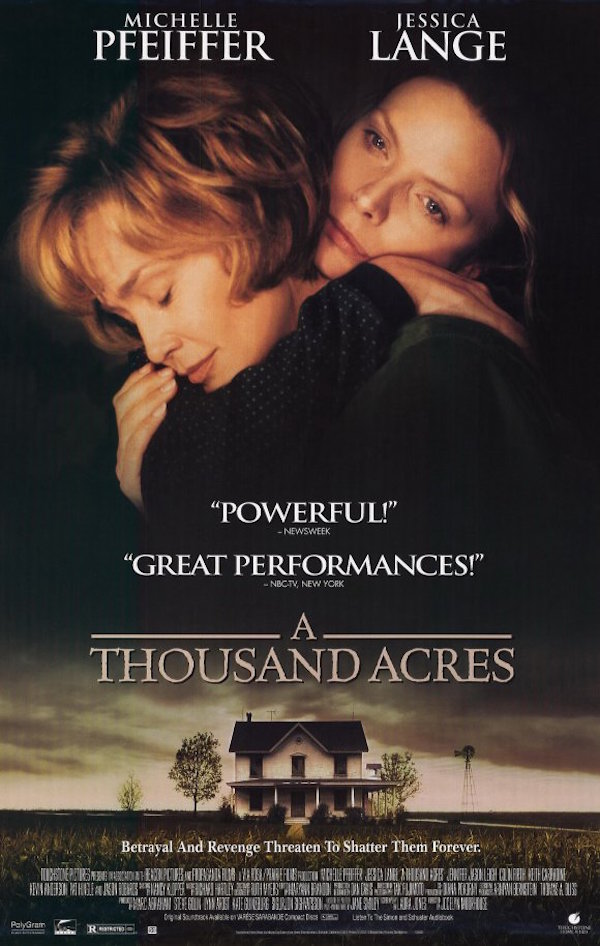

Goneril expresses her 'love' with diction such as 'valued' and 'rich' and Regan follows with 'metal', 'prize', 'worth', 'precious'. These materialistic attitudes are further reinforced through the lexical fields at the opening of both texts. While Lear and Larry ('He was never dwarfed by the landscape') have land they are self-assured and in control, but when they destabilise the status quo by giving it away, chaos ensues. Similarly, when Ginny's parents speak, 'Their tones of voice were unhurried and self-confident, complacent'. Lear's opening speeches are full of confidence, rolling iambic sentences with constant use of enjambment and elevated diction: he expects to be listened to. The possession of land also confers authority on those who have it. In King Lear there are already connotations of favouritism, with the use of the comparative 'more', a favouritism which does not surface in Smiley's novel until later. This measurement of worth and status is also evident in King Lear when Regan obtains 'an ample third' of the kingdom for the expression of her 'love' and Cordelia's father has reserved for her 'a third more opulent' than her sisters.

The Ericsons had three hundred seventy acres and a mortgage.' It is clear from the parallel phrasing and rhythm of the sentences which family is considered the more important. Smiley initially characterises individuals in terms of acreage and financial status: 'He had five hundred acres and no mortgage. The importance of land and its effect on identity are clearly evident from the beginning of both texts. The only intimation of future disruption lies in the final, uncertain sentence of the first chapter-'our lives seemed secure and good'. Smiley begins with a more leisurely introduction, full of names, numbers and references, and notably a first-person narrator, who is likely to direct the reader's perception of the other characters and their actions.

King Lear opens with an overheard, interrupted conversation, characters we do not know (Gloucester and Kent) talking about the king and, already, 'the division of the kingdom'. A Thousand Acres, however, draws attention to the land, and the use of the indefinite article makes this land less specific, and, as the unidentified narrator tells us in the first few lines, 'you could pass our farm in a minute'. King Lear focuses on one particular character with a title that immediately raises questions of power and responsibility. The titles of A Thousand Acres and King Lear illuminate significant differences in their authors-approaches.


 0 kommentar(er)
0 kommentar(er)
